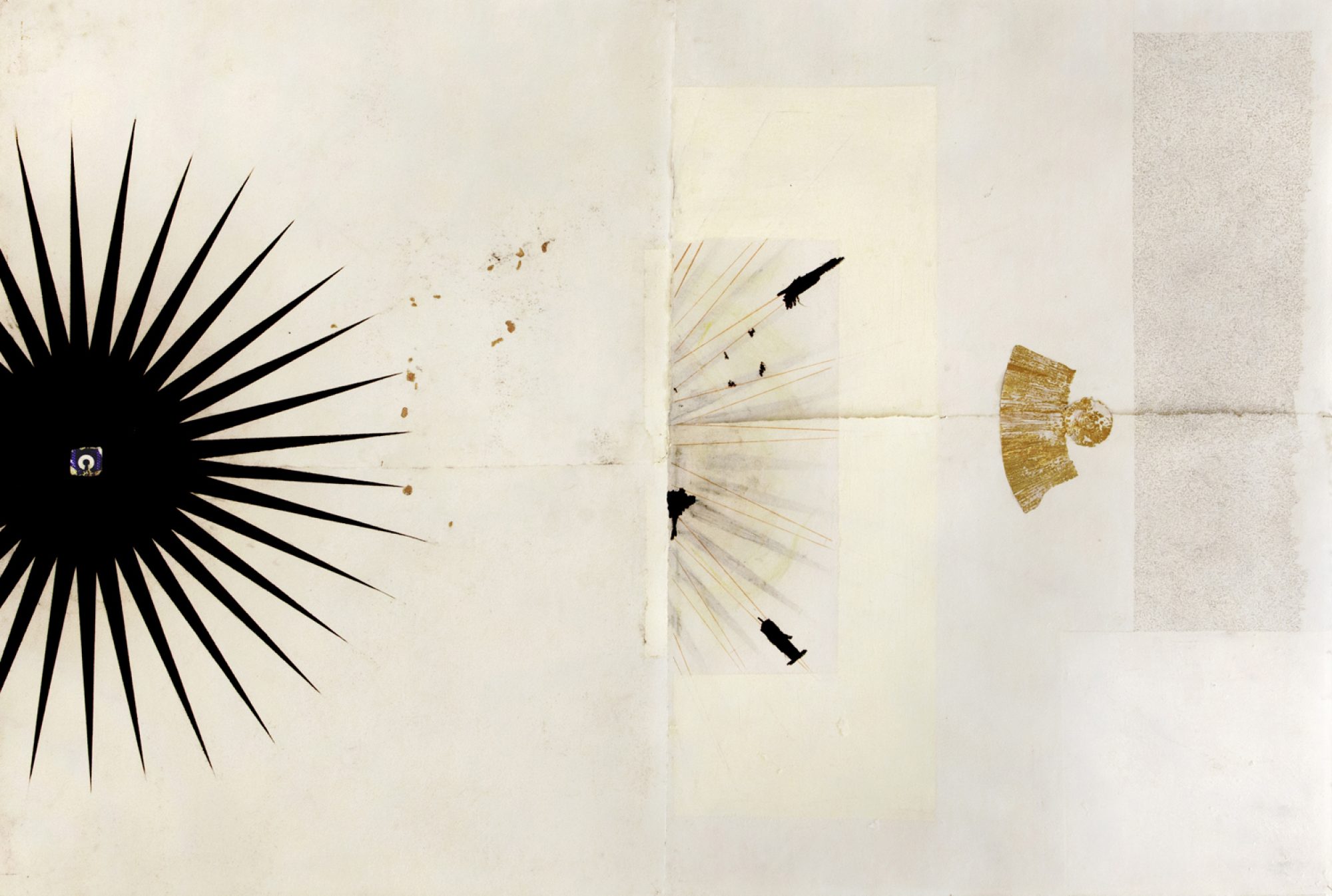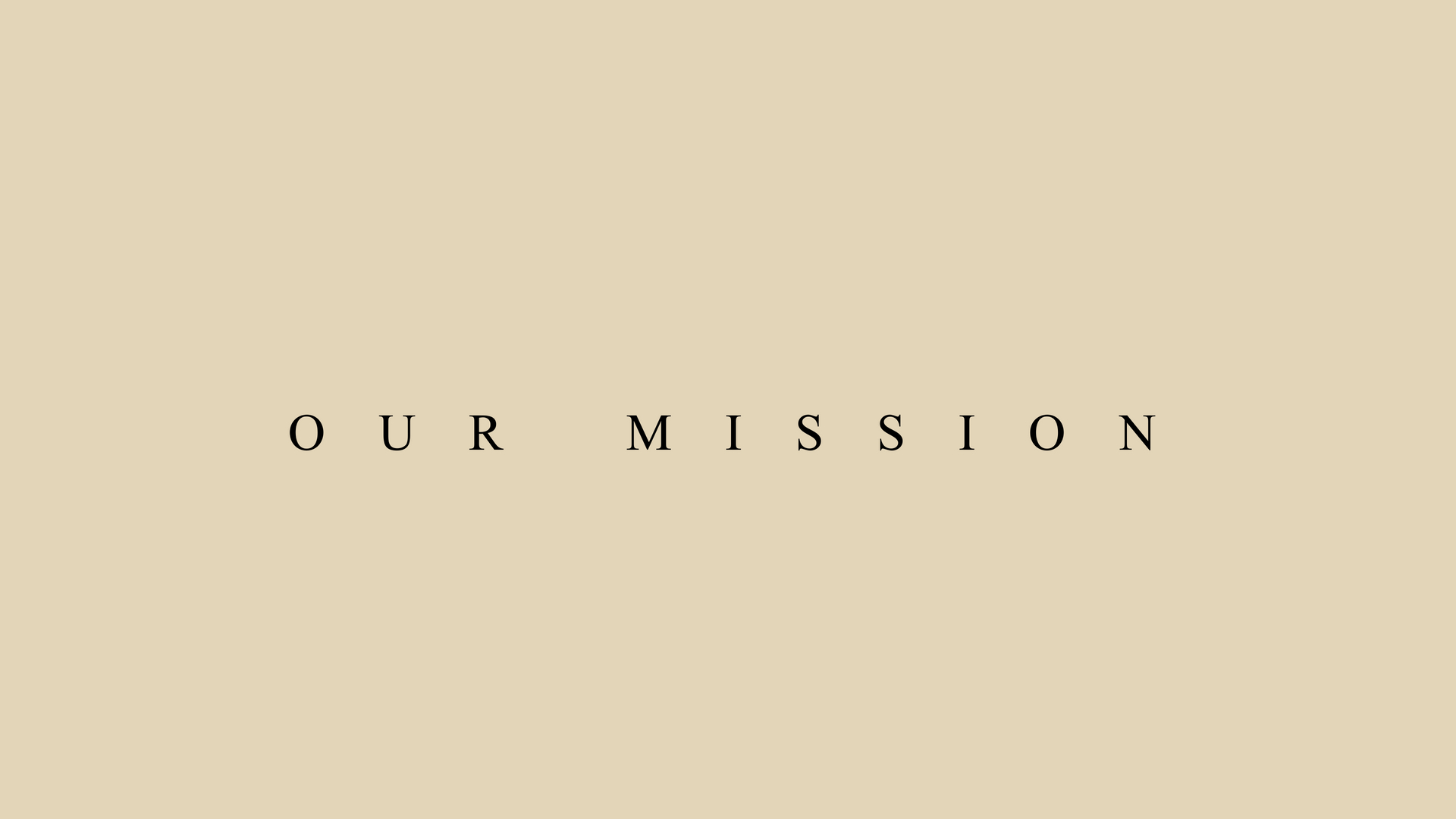Excerpts from Conference Report (Rachel Carson Center, Munich, Germany, 3–4 July 2017)
In early July 2017, the Rachel Carson Center, together with University of Austin, Texas hosted a two-day workshop on “Radical Hope.” It brought together 21 people from a variety of continents and disciplinary perspectives to explore and exchange ideas on that renewable and essential resource: hope. A resource that is often sadly and noticeably lacking in academic and popular conversations on the dominant framing of the Anthropocene in terms of ecological “crisis,” pragmatic pessimism, and scientific “realism.”…
As this workshop demonstrated, there is hope, if we only look closely and slowly enough. Or as T. S. Elliott beautifully put it in his poem “Little Gidding”:
We shall not cease from exploration. And the end of all our exploring will be to arrive where we started and know the place for the first time.
What if we are the people we are waiting for? We have all the technology, policies, and resources we need to create a more hopeful, sustainable future. Our history shows us to be a resilient, innovative species—capable of great harm, certainly, but also with the capacity for great and positive evolution and achievements. Christof Mauch asked the group a crucial question: Can we educate for hope? Doing so pushed the group to think about ways to move forward with their own work and sparked the idea of the forthcoming “Radical Hope” syllabus.
Perhaps it is in activism, in political, local, or pragmatic everyday and unnoticed forms of making peace with people, place, and planet that the realization and creation of an infrastructure of hope begins. Heads, hands, and hearts are the elements—each as important as the other—we need to create the infrastructures of radical hope in these turbulent yet also exciting times. After all, “Better to light a candle than curse the dark.”

